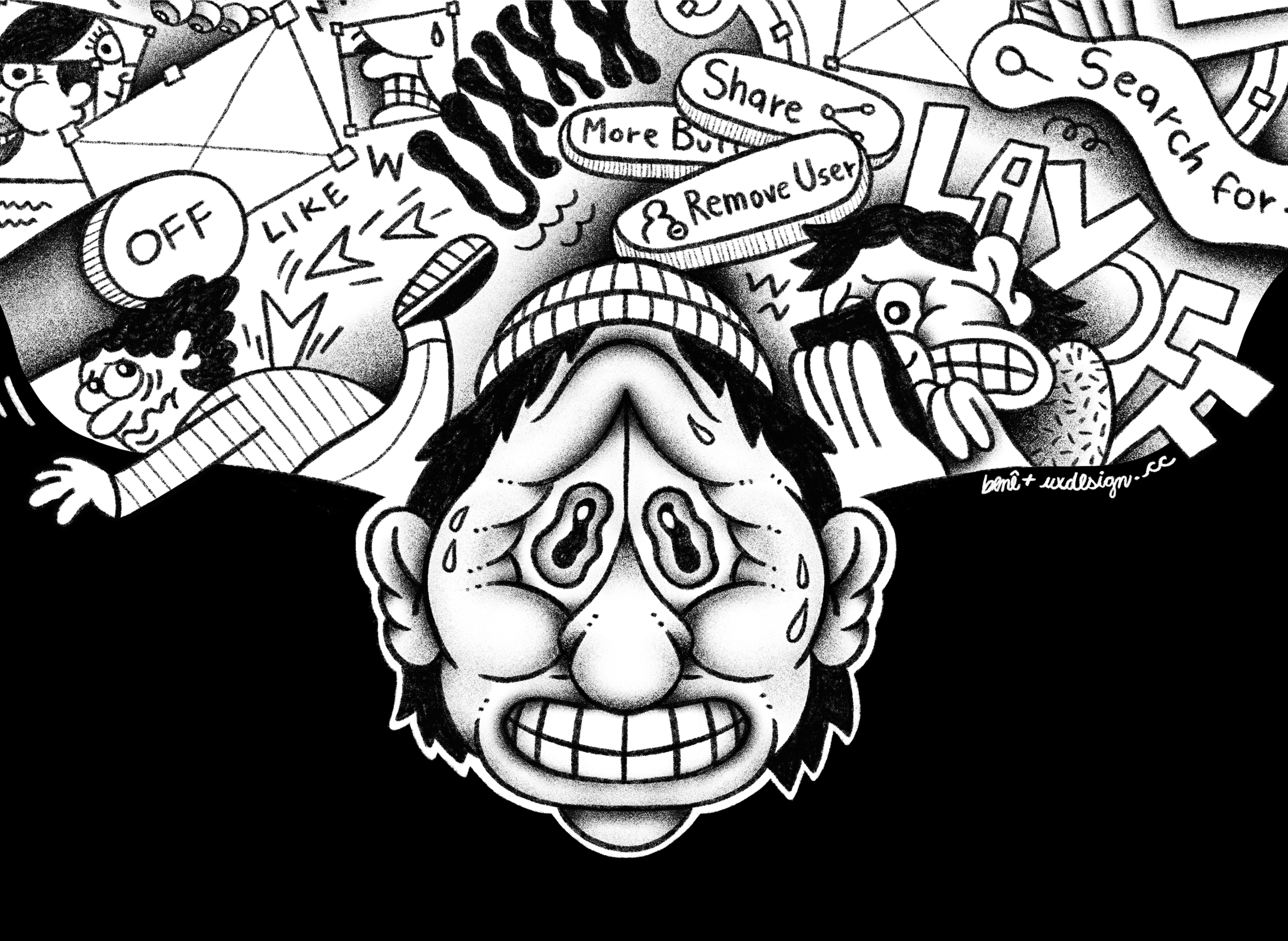Core Concepts
AI is revolutionizing the design industry by streamlining processes and reducing the need for manual tasks, leading to a shift towards smaller design teams in the future.
Abstract
AI technologies like Generative AI and Large Language Models are transforming the design landscape, allowing for more productivity but also potentially reducing the demand for skilled designers. The integration of AI into self-service design platforms is further changing the industry, with designers adapting to new roles and preparing for a significant transformation where AI becomes ubiquitous in design processes.
The State of UX in 2024
Stats
"With the new wave of technologies enabled by Generative AI (GenAI) and Large Language Models (LLMs), corporations are starting to look into ways of streamlining their design processes."
"When any small business owner can design and launch an entire website with a simple text prompt, the demand for skilled designers is considerably reduced."
"In just a few years, AI won’t be a chat-based destination you go to; it will be ubiquitous on our devices."
Quotes
"While this will allow designers to be more productive and acquire some new superpowers, these optimizations will inevitably lead to smaller teams in the coming years."
"In just a few years, AI won’t be a chat-based destination you go to; it will be ubiquitous on our devices, and its capabilities will be absorbed by every single one of the apps we use—both as users and designers."

Deeper Inquiries
How can designers adapt to the increasing role of AI in their field?
Designers can adapt to the increasing role of AI by upskilling themselves in areas where human creativity and critical thinking are still essential. They should focus on developing skills that complement AI, such as understanding data analysis, user research, and emotional intelligence. By embracing collaboration with AI tools rather than seeing them as a threat, designers can leverage these technologies to automate repetitive tasks, generate design variations quickly, and gain insights from vast amounts of data. Additionally, staying updated on the latest advancements in AI technology and continuously learning new tools will help designers stay relevant in an evolving industry.
What ethical considerations should be taken into account when integrating AI into design processes?
When integrating AI into design processes, several ethical considerations must be taken into account. Designers need to ensure transparency and accountability in how AI algorithms make decisions that impact user experiences. It is crucial to address biases present in training data that could lead to discriminatory outcomes or reinforce stereotypes. Privacy concerns regarding the collection and use of personal data by AI systems also need careful attention. Designers must prioritize user consent, data security measures, and clear communication about how AI is being utilized within their designs. Moreover, ongoing monitoring and evaluation of AI systems for unintended consequences are essential to uphold ethical standards.
How might the democratization of design through AI impact creativity in the industry?
The democratization of design through AI has the potential to both enhance and challenge creativity in the industry. On one hand, accessible tools powered by AI enable more people without traditional design backgrounds to create visually appealing content easily. This may lead to a proliferation of generic designs but also opens up opportunities for experimentation and innovation among individuals who were previously excluded from the creative process.
However, there is a risk that reliance on automated templates could stifle originality and limit diversity in design outputs if not used thoughtfully. Designers may need to find ways to differentiate themselves by focusing on unique problem-solving approaches or incorporating human-centered elements that go beyond what automated platforms can offer.
Overall, while democratization through AI may shift some aspects of creativity towards automation, it also presents a chance for designers to explore new avenues for expression and push boundaries within this evolving landscape.
0
